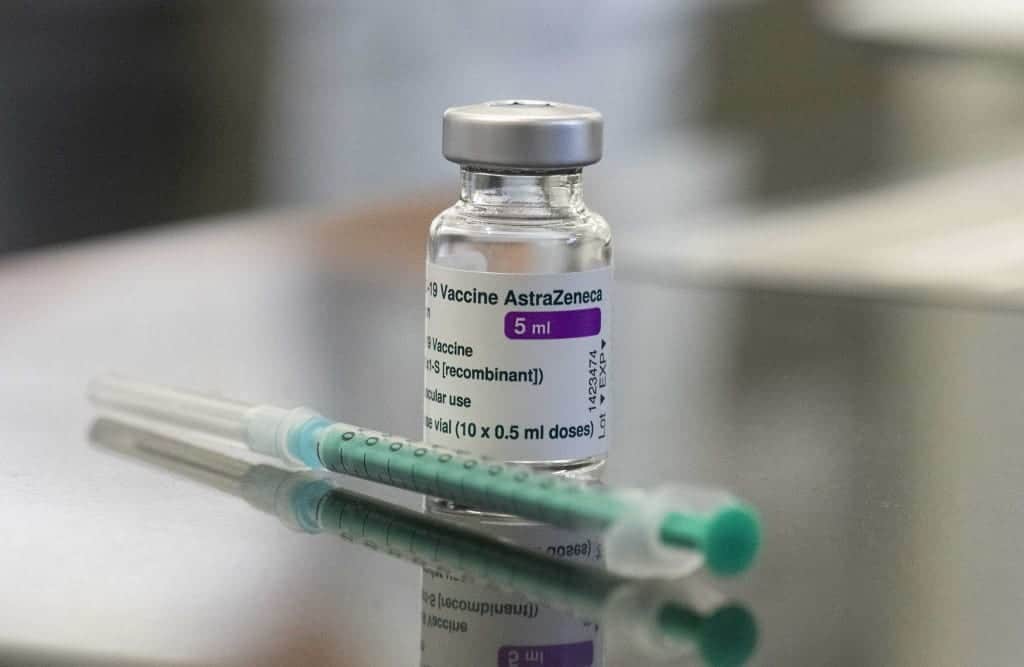Mexico will soon begin exporting AstraZeneca coronavirus vaccines to other Latin American nations, the government said Tuesday, under a joint production agreement with Argentina hit by a series of delays.
Following the deal struck in August to supply around 150 million shots, the Argentinian firm mAbxience is supplying the active component and Mexico’s Liomont is responsible for bottling the vaccines.
A first shipment of 800,000 doses will be sent to Argentina this weekend, while Mexico will also receive its first batch, the government said, after delays blamed on a shortage of packaging supplies.
Mexican Foreign Minister Marcelo Ebrard told reporters that it had been a “long and complicated” process.
Once final authorization is given by AstraZeneca, which is expected this week, the plant will start supplying Mexico, Argentina and “many Latin American countries,” he said.
President Andres Manuel Lopez Obrador said Mexico — one of the worst-hit countries with an official Covid-19 death toll of nearly 222,000 — was committed to helping nations that do not have enough vaccines.
President Alberto Fernandez of Argentina, which is facing a surge in coronavirus cases, said by video link that joint production would make Latin America less reliant on other regions for vaccines.
The equitable rollout of vaccines has been called the “challenge of our time” by the World Health Organization.
“There is no diplomatic way to say it: a small group of countries that make and buy the majority of the world’s vaccines control the fate of the rest of the world,” said WHO director-general Tedros Adhanom Ghebreyesus.
Latin American leaders — including Costa Rica’s Carlos Alvarado — have argued that richer nations are hoarding vaccines while poorer countries receive relatively few doses.
Costa Rica has gotten just 22% of the 9 million total doses it has purchased through Pfizer, AstraZeneca and the Covax facility.
The Central American country has a contract for 1 million AstraZeneca doses and to date has been delivered just 204,000.






